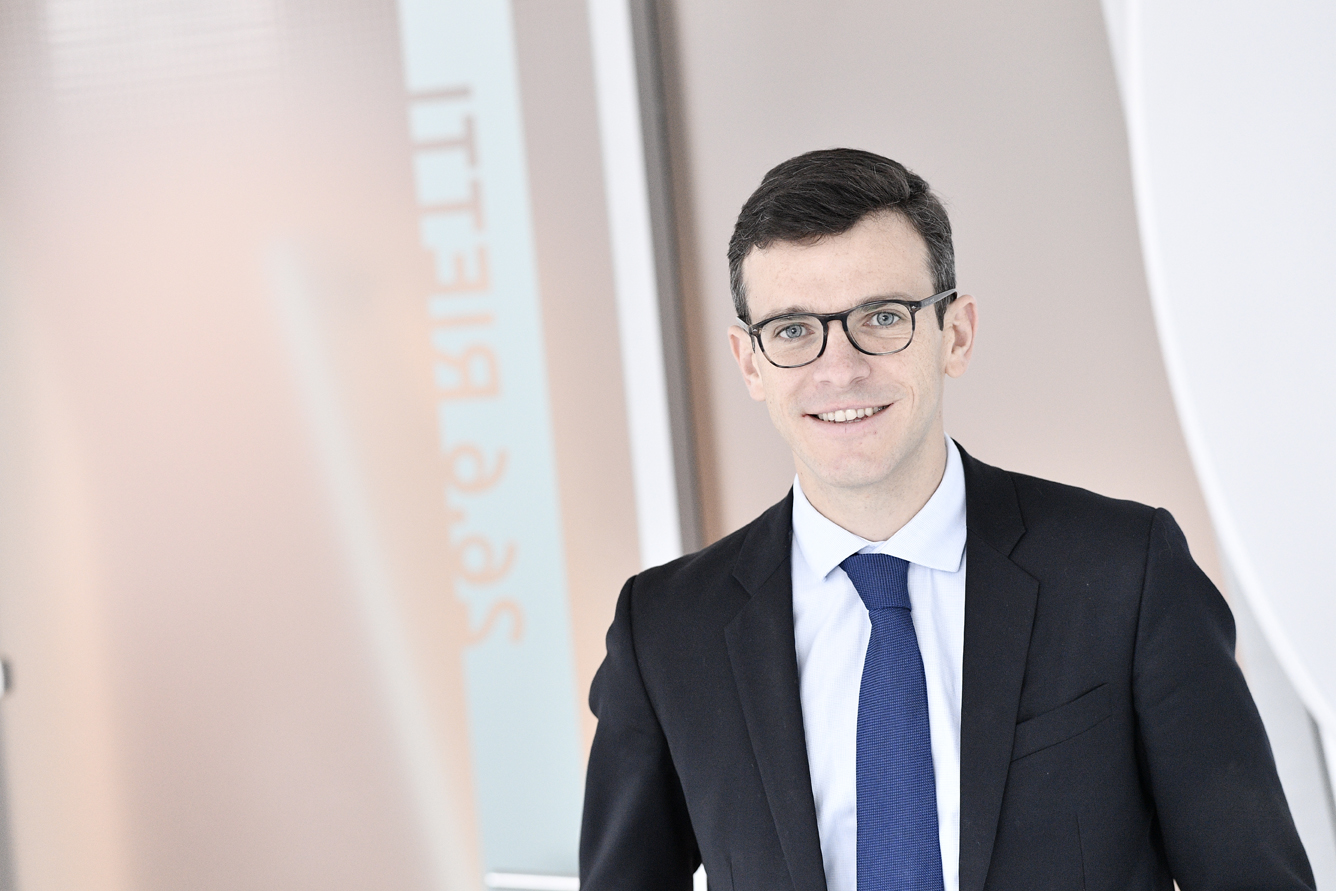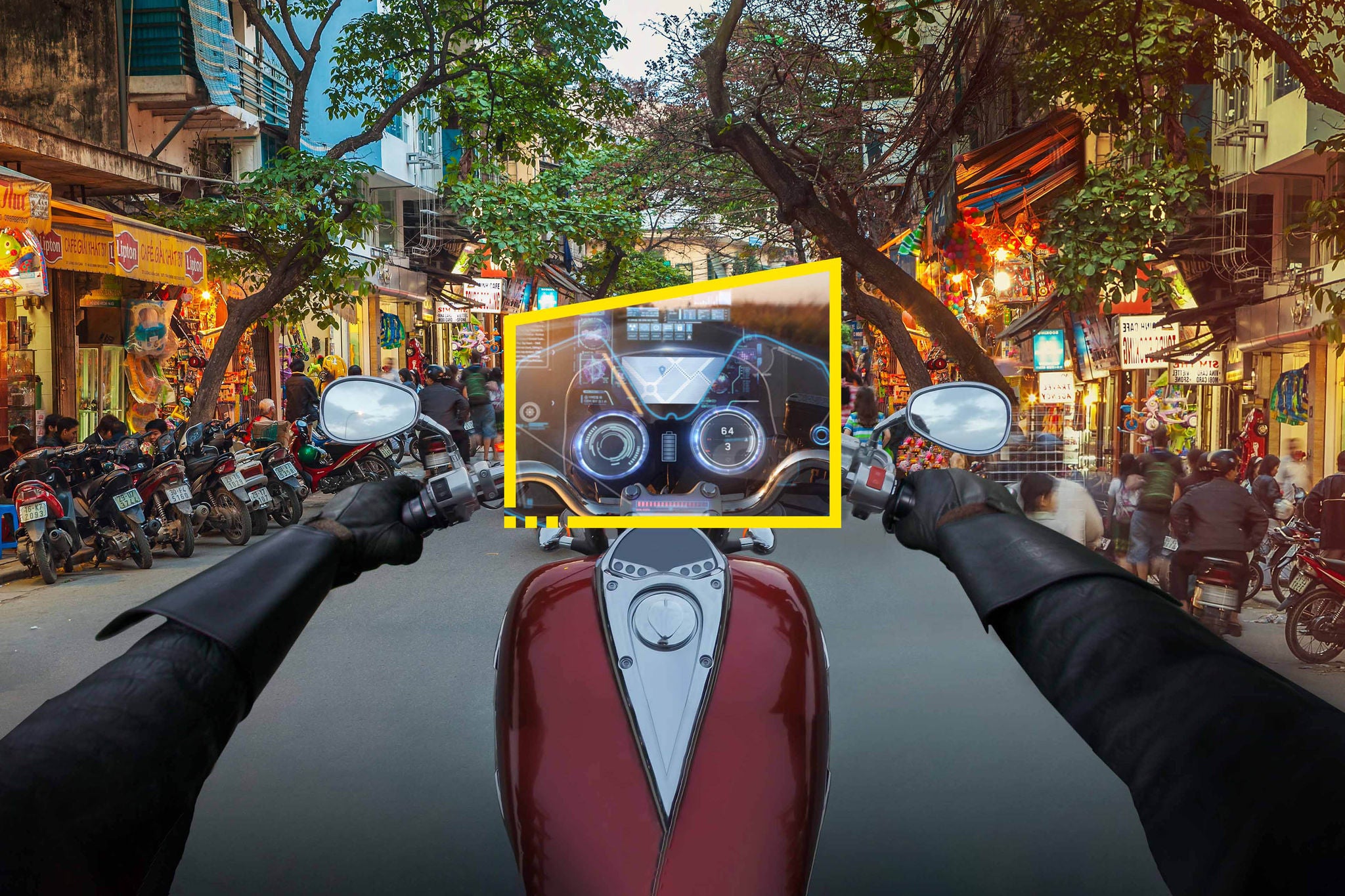EY refers to the global organization, and may refer to one or more, of the member firms of Ernst & Young Global Limited, each of which is a separate legal entity. Ernst & Young Global Limited, a UK company limited by guarantee, does not provide services to clients.
How EY can help
-
We help you effectively harness the power of technology to simplify, rationalize and centralize your firm’s operations, clearing the way to improve efficiency and extend product capabilities to attract new investments.
Read more
This technology-led transformation of the wealth management company’s customer-facing services has been an ongoing project. The first MVPs were launched the year after EY was engaged, and since then a series of services have been added to the customer platform. The IT transformation plan has been initiated and ran in parallel, with a strong focus on ensuring that the IT and business objectives were aligned. Mastering data, adding cloud layers, integrating external technologies and replatforming several core banking components have been at the center of this transformation.
Now a new phase of the transformation has begun and the client continues working closely with EY, focusing on improving operational efficiency and delivering long-term value. “We have started to reboot a new ambition for the next four years,” says Grouès. “This involves identifying new priorities, aligning everybody within these new priorities, adapting the organization to deliver in a different way, and continuously transforming the IT platform to bring it to the next level of scalability.”
This highlights the importance of undertaking a people transformation to complement a digital transformation; although not everyone in the wealth management firm can be an IT expert, business people need to be trained to think digitally and to work with IT specialists when necessary to deliver new digital services.
While this process is ongoing, the wealth management firm is already able to offer a wide range of new digital services that have improved the customer experience and enabled it to compete more effectively with the disruptors. The digital transformation EY initiated has helped it to build the business and technology foundations of a new service model that enables it to react in a more agile way to changing customer needs and expectations.







